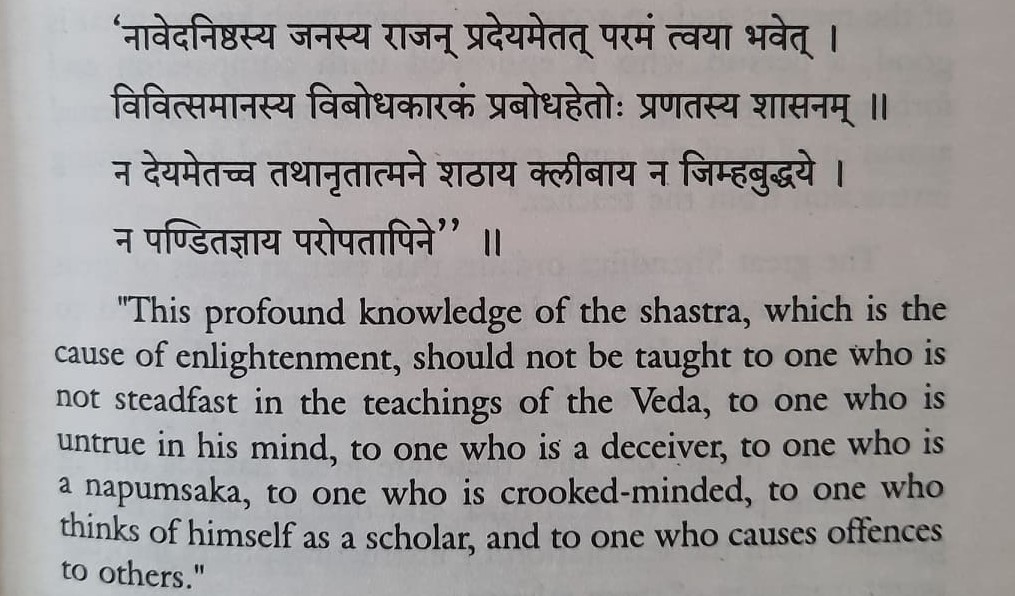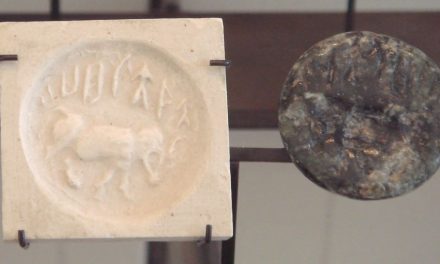This won’t be popular with some people, but the Vedic knowledge is traditionally forbidden to be given to those who’s gender is not man or woman (i.e. kliba, napumsaka, etc.). Those who say in “Vedic culture” homosexuals were “highly revered and worshipped” are just speaking nonsensical things with no basis in reality. Look at the company “kliba” is being included with in this verse, deceivers, the crooked minded, etc. It is clearly not a compliment, and Lord Krishna also uses the same words to chastise Arjuna in the Bhagavad Gita, saying he is not acting properly he is acting like a “eunuch”.
The following verse is from the Shanti Parva of Mahabharata:
na vedaniSThasya janasya rAjan
pradeyam etat paramaM tvayA bhavet
vivitsamAnAya vibodhakArakaM
prabodhahetoH praNatasya shAsanam
na deyam etac ca tathAnritAtmane
shaThAya klIbAya na jihmabuddhaye
na paNDitajnAnaparopatApine
deyaM tvayedaM vinibodha yAdrishe
A very similar verse appears in Brahma Purana:
tadvedaniShThasya janasya rAjan
pradeyametatparamaM tvayA bhavet
vidhitsAmAnAya nibodhakArakaM
prabodhahetoH praNatasya shAsanam || 245.32||
na deyametachcha yathA.anritAtmane
shaThAya klIbAya na jihmabuddhaye |
na paNDitajnAnaparopatApine
deyaM tathA shiShyavibodhanAya || 245.33||
It is interesting that the dual usage of the word gay as an insult and as a lifestyle has existed from thousands of years across languages. Though in recent years people try to avoid using it as an insult, in years past, growing up if you called someone “gay”, like “hey, stop being gay”, it meant unmanly, emasculate, etc. At the same time gay also had its proper meaning of a person who lived a particular lifestyle. The words kliba and napumsaka both have the exact same usage of dual meanings, one being an insult (indicating a coward, emasculate, unmanly person), and the other being a person who is a eunuch.
If you go through the various occurrences of the word kliba in the shastra, it will always be in a negative connotation.










